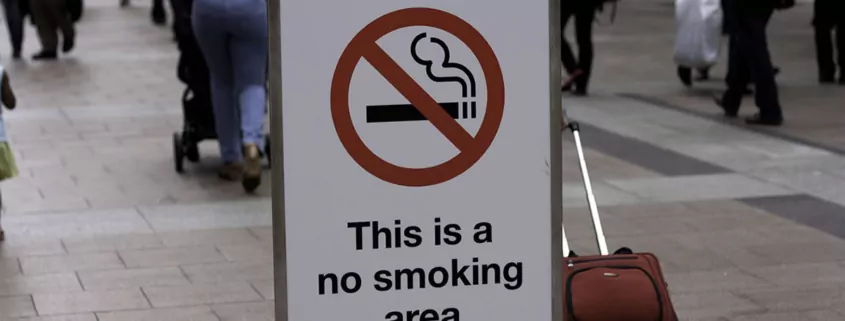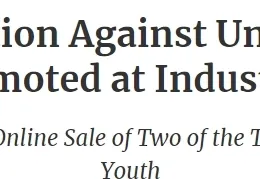Smoking Bans Worldwide: A Global Overview of Progress
The UK government is currently exploring the possibility of introducing more stringent rules on smoking in outdoor public spaces, with the aim of reducing tobacco-related deaths. Under consideration are potential bans on smoking in areas such as outside schools and hospitals. This initiative aligns with a broader global trend of countries implementing increasingly tough measures to curb smoking.
The current Labour government has reintroduced the Tobacco and Vapes Bill, which was originally proposed by the previous Conservative government. The bill, which has been revised to extend some smoking restrictions, seeks to prohibit the sale of cigarettes or any other tobacco product to anyone born on or after January 1, 2009. The legislation draws inspiration from a similar policy proposed in New Zealand.
New Zealand’s Influence on Smoke-Free Policies
New Zealand’s previous government had introduced a comprehensive law aimed at significantly reducing smoking rates. The legislation banned the sale of cigarettes and tobacco products to anyone born after 2008 and imposed restrictions on where these products could be sold. However, the current government, elected in October 2023, has moved to repeal the law, citing its potential to help fund tax cuts.
Global Efforts to Raise Smoke-Free Generations
Several countries worldwide are implementing policies to create smoke-free generations. Mexico, for example, has some of the most stringent anti-smoking laws, including a complete ban on smoking in all public spaces such as beaches, parks, and hotels. In Australia, the state of Queensland has established numerous smoke-free public areas, such as campsites, public swimming pools, and playgrounds. Canada, aiming to reduce tobacco use to less than 5% by 2035, was among the first countries to mandate the printing of health warnings on individual cigarettes.
Smoke-Free Policies Worldwide
According to the World Health Organization (WHO), over 70 countries have implemented smoke-free policies covering indoor spaces. Ireland was the first country to pass a comprehensive smoke-free law in 2004, banning smoking in workplaces, restaurants, and bars. By 2023, the WHO global tobacco report indicated that approximately 5.6 billion people, representing 71% of the world’s population, were protected by at least one smoke-free policy.
Regional Variations in Anti-Smoking Measures
In South America, every country’s citizens are now covered by anti-smoking laws. Uruguay was the first country in the region to adopt smoke-free measures in 2006, enacting a ban on smoking in all public spaces and workplaces. The law received widespread public support, including from many smokers.
Within the European Union, the implementation and enforcement of anti-smoking measures vary significantly among member states. While Denmark, Finland, Italy, and Sweden demonstrate “very good” compliance with anti-smoking laws, according to Smoke Free Partnership, Bulgaria and Greece have a “weak” compliance record.
United Kingdom’s Progress in Reducing Smoking Rates
In the UK, smoking has been prohibited in virtually all indoor public places since July 2007, including pubs, restaurants, nightclubs, and most workplaces. Scotland introduced a smoking ban in March 2006, followed by Wales and Northern Ireland in April 2007. The 2014 Children and Families Act further restricted smoking in cars carrying children.
Government figures indicate that smoking rates in the UK have reached their lowest recorded levels. However, approximately 6 million adults continue to smoke, underscoring the need for ongoing efforts to reduce tobacco use and protect public health.
As countries worldwide continue to implement and strengthen smoking bans and restrictions, it is evident that there is a growing global commitment to creating smoke-free environments and improving population health outcomes. The UK’s consideration of expanding outdoor smoking bans reflects this broader trend and highlights the importance of sustained efforts to reduce the harmful impacts of tobacco use.
- Minneapolis Sets $25 Minimum Price for E-Cigarettes - July 11, 2025
- Alabama Schools to Implement New Anti-Vaping Policies - July 11, 2025
- Is Vaping and Driving Illegal in Rhode Island? (2025 Guide) - July 10, 2025









